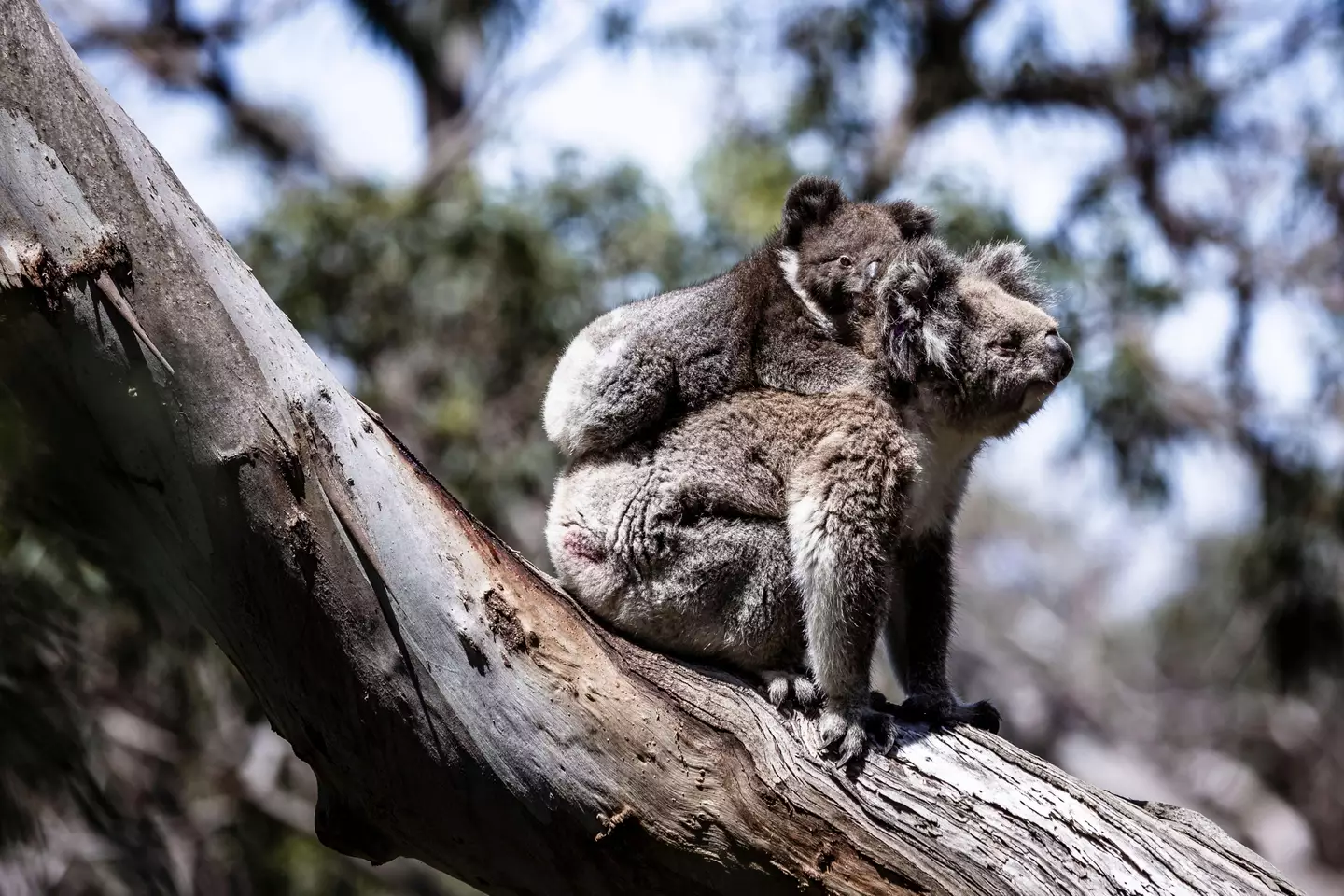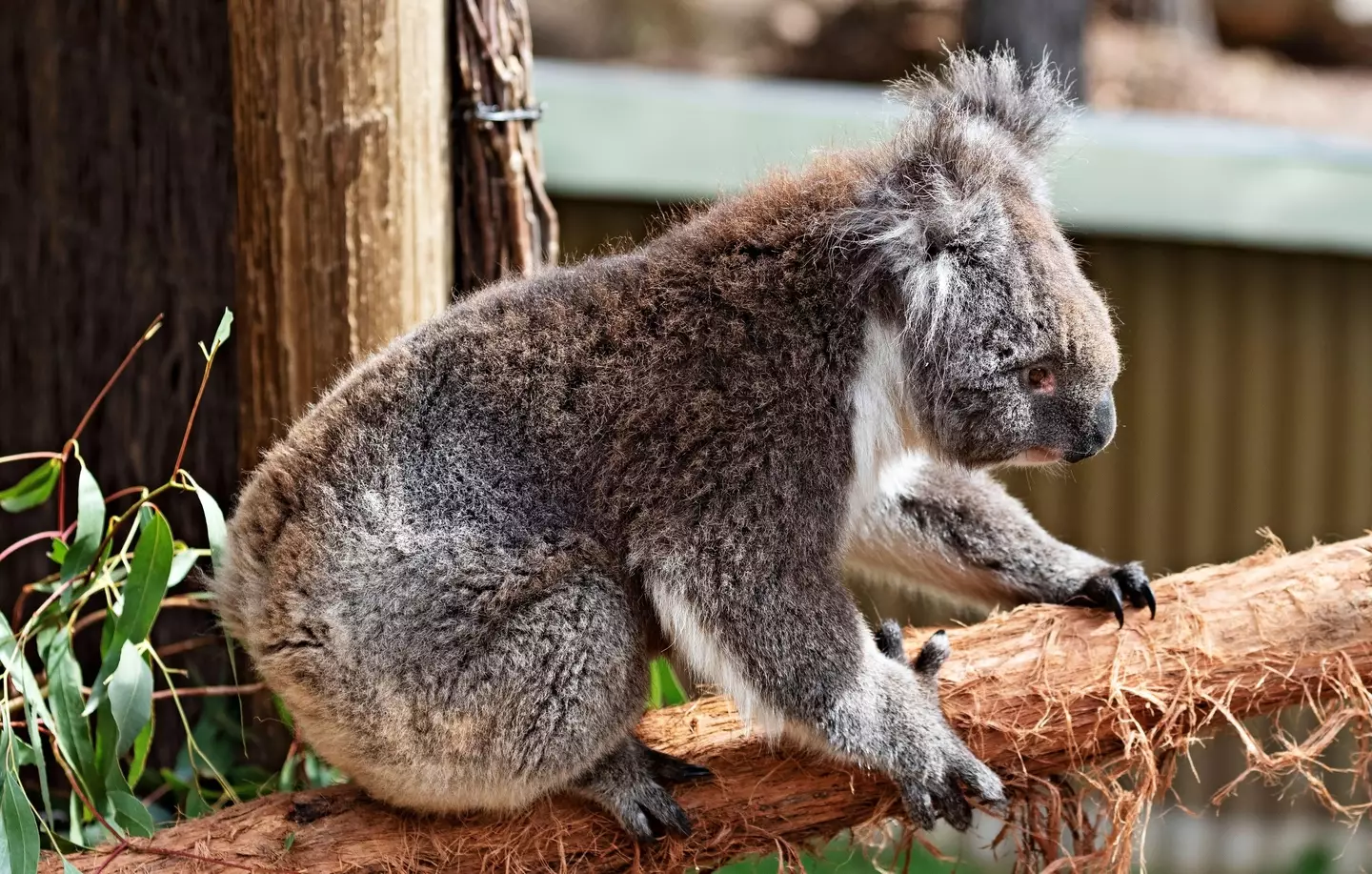More than 150 koalas have been euthanized after falling ill from living adjacent to the Alcoa aluminum smelter in Portland, Victoria.
Yahoo News reported that the company admitted to killing a mass of marsupials after finding they had become critically ill from exposure to fluoride emissions.
The animals were euthanized by independent experts conducting a series of checks that began in 2019.
During that period, 348 koalas were assessed, and 79 females were given fertility control.
Advert

The US company revealed a large group of koalas living in the 17 hectares near the aluminum smelter had developed fluorosis, an illness caused by exposure to fluoride, which causes weakened bones and teeth.
After 152 koalas were assessed, the company closed off public access to the forest near Alcoa in March.
Now, the industry giant has developed a Koala Management Plan, which Zoos Victoria and several other organizations have assisted with as a result of the mass marsupial butchery.
Advert
As part of this plan, the industry giant says it will plant 16,000 eucalyptus trees on 14 hectares away from the smelter to help koalas relocate to a safer habitat.

“We remain committed to supporting the ongoing protection and management of the local koala population,” a spokesperson said in a statement.
However, a critic of the Koala Management Plan said it was ‘not good enough’ as this issue should have been addressed years ago, as per Yahoo News.
Advert
Wildlife experts have also warned that the Alcoa animal crisis is only an example of the rapidly declining number of koalas in the past few years.
Last year, the species was moved from ‘Vulnerable’ to the ‘Endangered’ list under the Environment Protection and Biodiversity Conservation Act (EPBC Act) 1999, with animal welfare and conservation groups calling for immediate action.
International Fund for Animal Welfare Wildlife Campaign Manager Josey Sharrad said koalas were diminishing at an alarming rate due to the Black Summer bushfires, land clearing, drought, disease, car strikes and dog attacks.
“This decision is a double-edged sword. We should never have allowed things to get to the point where we are at risk of losing a national icon. If we can’t protect an iconic species endemic to Australia, what chance do lesser known but no less important species have?” Miss Sharrad said in a statement.
Advert
“The bushfires were the final straw. This must be a wake-up call to Australia and the government to move much faster to protect critical habitat from development and land-clearing and seriously address the impacts of climate change.”
-Recovered.png)
